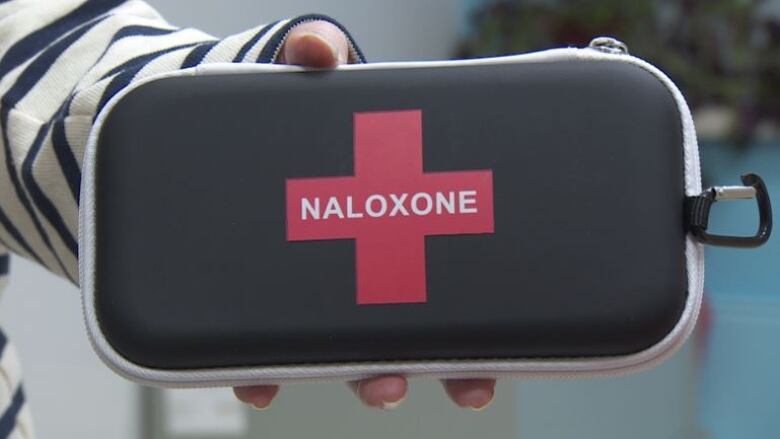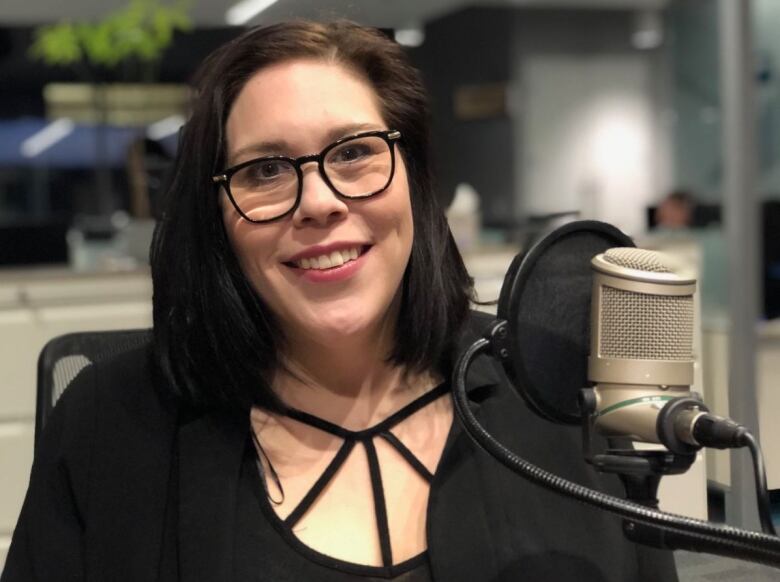Multiple Naloxone kits needed in overdose cases, Sudbury Action Centre for Youth says
Executive director of SACY says stronger drugs, potent mixes cause problems

Outreach workers in Sudbury say it is getting more difficult to save people overdosing on street drugs.
Julie Gorman, executive director of the Sudbury Action Centre for Youth, says some workers are having to use multiple Naloxone kits to revive people who are overdosing.
She says one issue is the combination of strong opioids being mixed together.
"Even if you're used to just one opioid, to have them compounded in that way is going to cause more issues," she said.
"There are people on the street who are claiming that the substances are far more potent than they were months and years ago. The potency is leading to overdoses that are more complicated."
Gorman says another problem is chemicals being mixed into street drugs, including benzodiazepines or speed to alter the high.
"So if somebody is injecting what they think is strictly Fentanyl or another opioid and it also contains benzodiazepines and their friends notice that they're falling asleep, they're going to think that they're overdosing from the opioid and attempt to use Naloxone," she said.
"But the sleepiness is not going to be fixed by the Naloxone because it's from the sleeping pill."

As a result of these issues, Gorman says workers are having to use upwards of eight Naloxone kits to revive someone. She says that is prompting outreach workers to offer advice on using safely.
"People who are using are being recommended to carry at least one [kit] with them and use in groups so that there are multiple people, multiple eyes and multiple kits," she said.
Seeking treatment and support
Gorman says even though multiple doses of Naloxone are being used in some cases, many users are hesitant to seek medical attention following an overdose.
"People who are using substances tend to have a history of bad experiences with professional institutions," she said.
"So they tend to have a fear of any professional and they don't want to be charged or criminalized for their behaviour."
She says it's positive Naloxone is being used, but says users not agreeing to seek medical help is problematic.
"Naloxone only lasts for a short period of time before you go back into the overdose," she said.
"So people will continue to stagger their Naloxone use so that they do not have to go to the hospital. It is a dangerous habit to get into but it is something they do continue to do."
She says despite that problem, it's beneficial to have Naloxone readily available.
"It's a better alternative than not having it," she said.
"People would still be using and still be overdosing. The only difference is that they wouldn't be able to survive. Naloxone is definitely doing the job that we're hoping it will do. We just need to continue the need for that second stop of getting medical treatment and support."
With files from Kate Rutherford












_(720p).jpg)


 OFFICIAL HD MUSIC VIDEO.jpg)
.jpg)



























































































